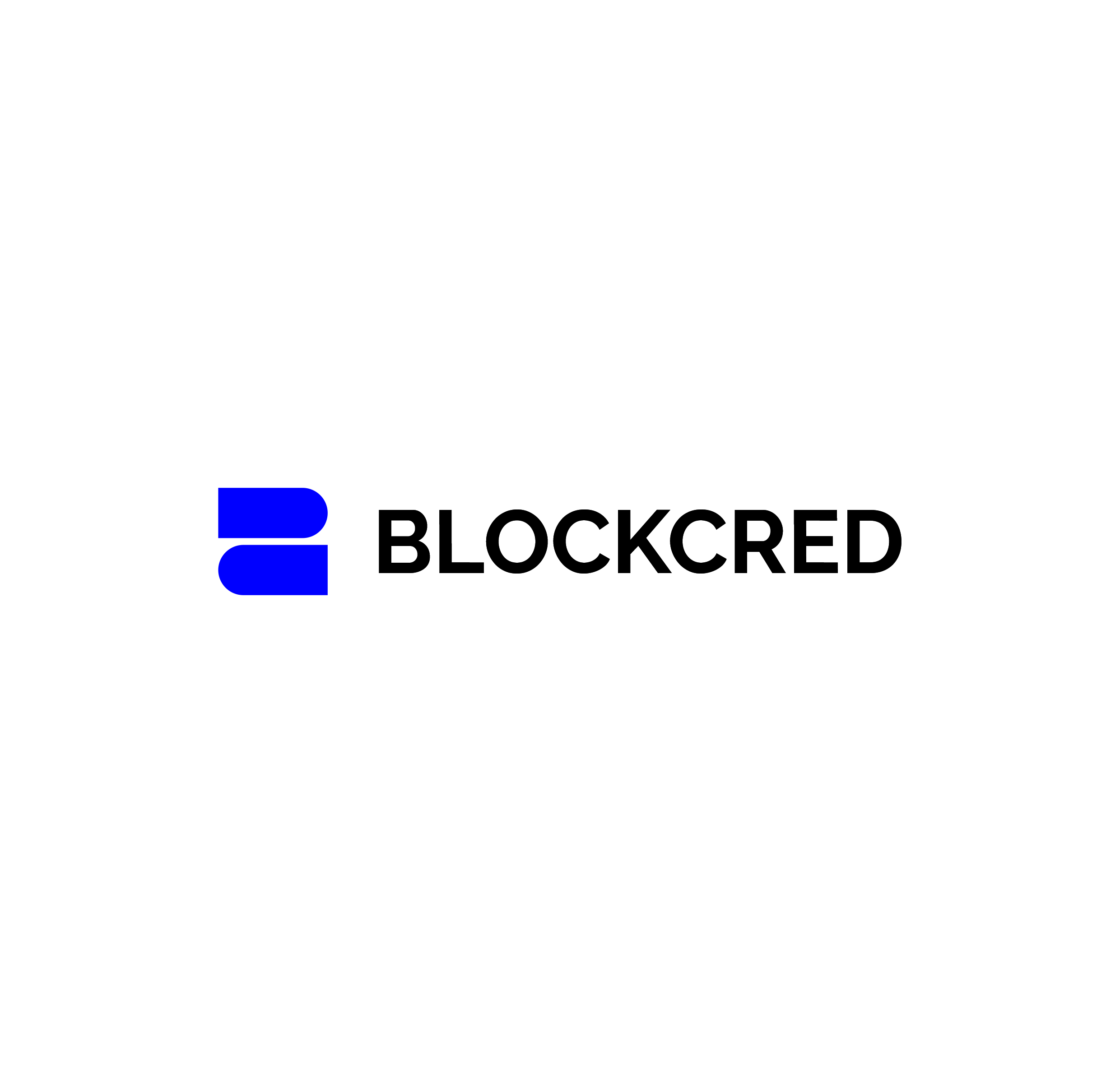Why On-Chain Credentials Are the Future of Trust
Discover how blockchain-based credentials are revolutionizing trust and verification in the digital world, providing immutable and verifiable proof of achievements and identity.

The Trust Problem in Digital Credentials
In today's digital world, verifying the authenticity of credentials has become increasingly challenging. From academic degrees to professional certifications, the traditional systems of credential verification are plagued with inefficiencies, fraud, and lack of transparency. Employers spend billions annually on background checks, educational institutions struggle with diploma mills, and individuals face hurdles in proving their qualifications across borders.
The current system relies heavily on centralized authorities and manual verification processes that are time-consuming, expensive, and vulnerable to manipulation. This creates friction in labor markets, hinders global mobility, and ultimately erodes trust in the credential ecosystem.
Enter Blockchain: The Trust Machine
Blockchain technology offers a revolutionary solution to these challenges through its core properties: immutability, decentralization, and transparency. When credentials are issued on-chain, they become tamper-proof records stored across a distributed network, eliminating single points of failure and creating a permanent, verifiable history.
On-chain credentials leverage cryptographic principles to ensure that once issued, credentials cannot be altered or falsified. The issuer digitally signs the credential using their private key, creating a verifiable link between the issuer, the recipient, and the credential itself. This cryptographic proof provides a level of security and trust that far exceeds traditional paper certificates or centralized databases.
Key Benefits of On-Chain Credentials
- Self-sovereignty: Individuals own and control their credentials, deciding when and with whom to share them without relying on intermediaries.
- Instant verification: Credentials can be verified in real-time, eliminating lengthy background check processes.
- Fraud prevention: The immutable nature of blockchain prevents credential forgery and tampering.
- Granular privacy control: Zero-knowledge proofs allow individuals to prove specific attributes without revealing the entire credential.
- Global portability: On-chain credentials transcend geographical boundaries, facilitating global mobility and opportunity.
- Reduced costs: Automating verification processes significantly cuts costs for both issuers and verifiers.
Real-World Applications Emerging Today
The adoption of on-chain credentials is already underway across various sectors:
Education: Universities are beginning to issue blockchain-verified diplomas, allowing graduates to share tamper-proof credentials with employers worldwide. This eliminates degree fraud while simplifying the verification process for hiring managers.
Professional Certifications: Industry associations are moving certification records on-chain, creating verifiable proof of professional qualifications that can be instantly checked by clients or employers.
Healthcare: Medical credentials and licensing information stored on blockchain enable instant verification of healthcare providers' qualifications, improving patient safety and streamlining credentialing processes.